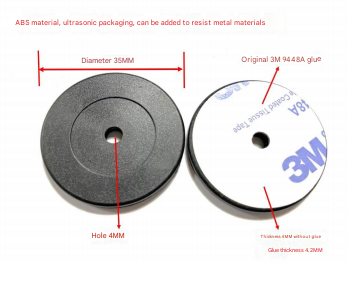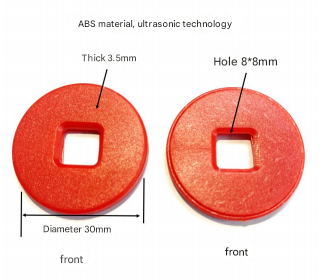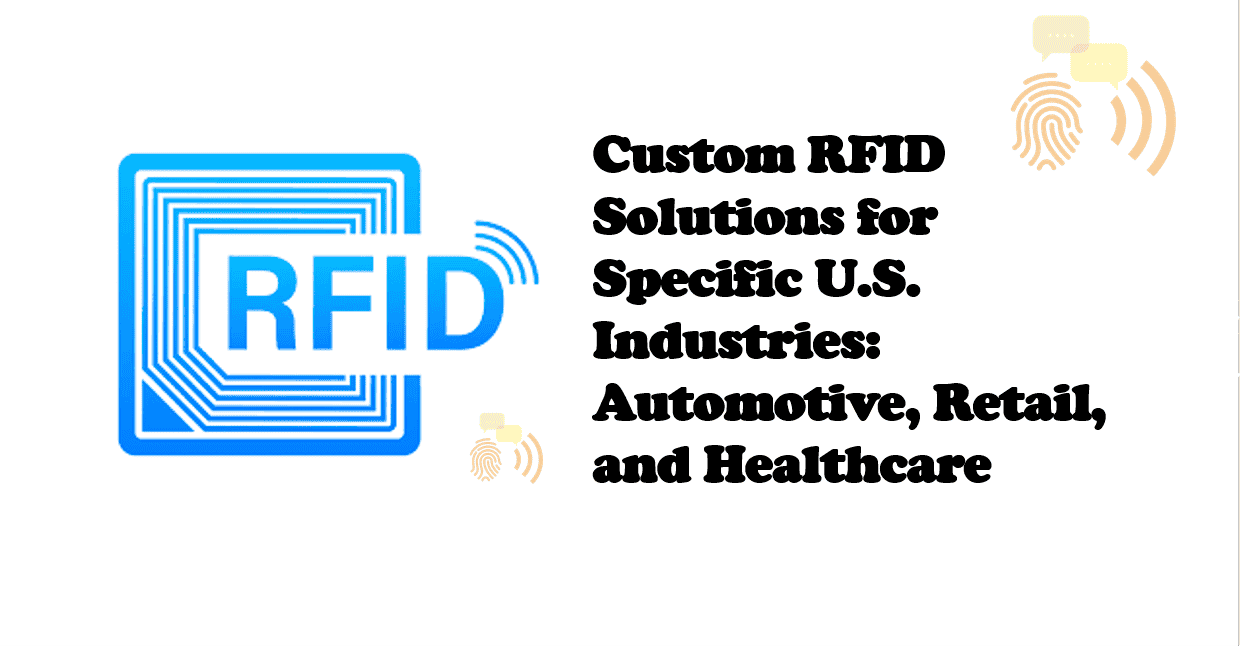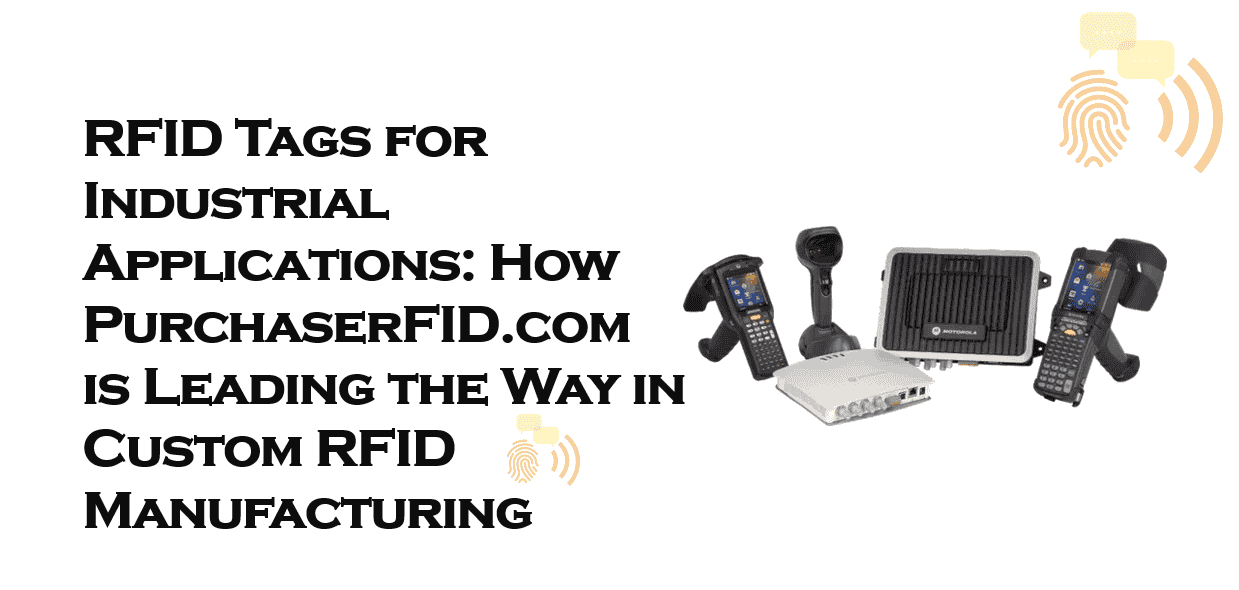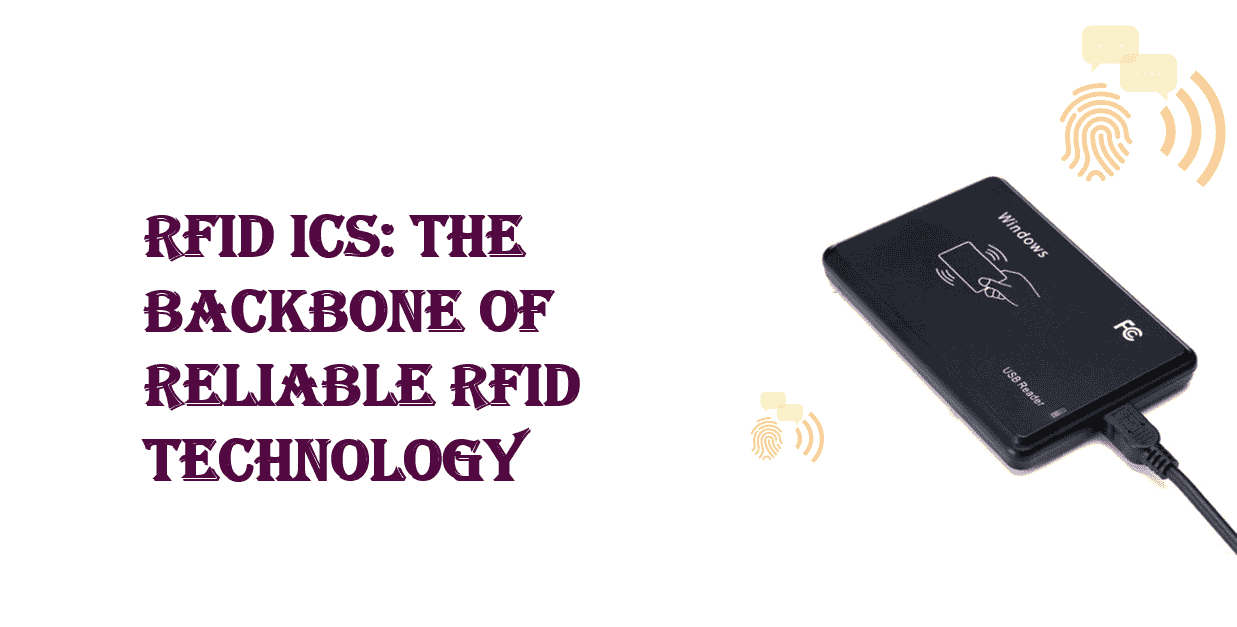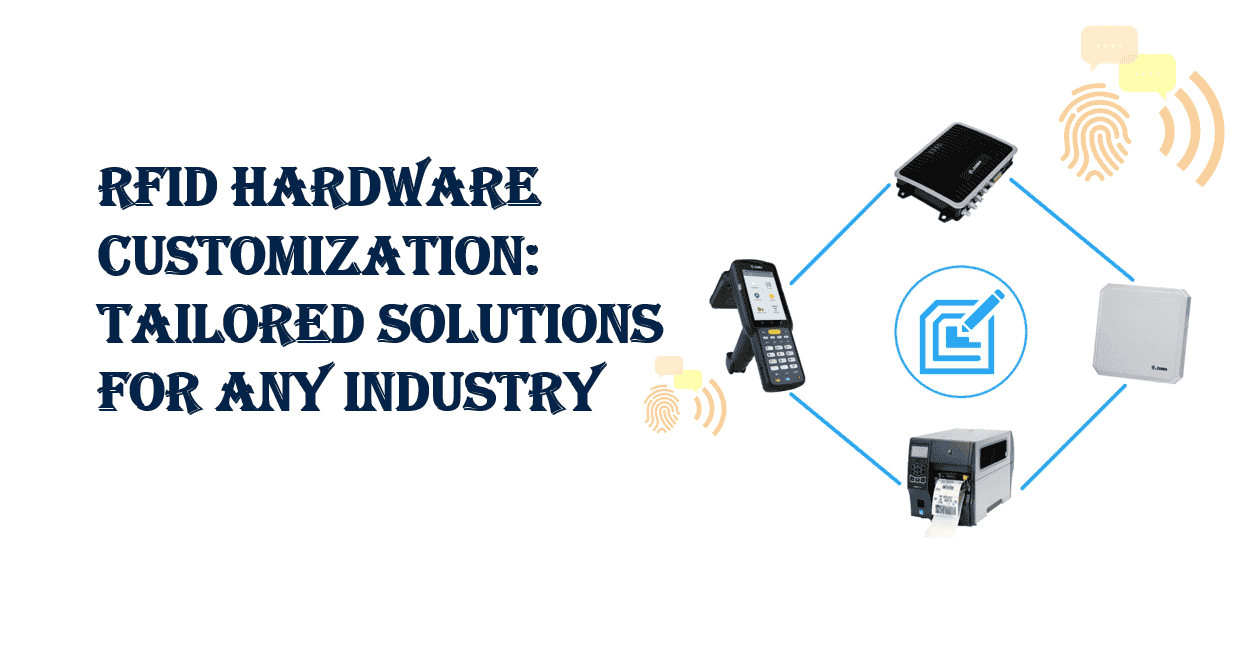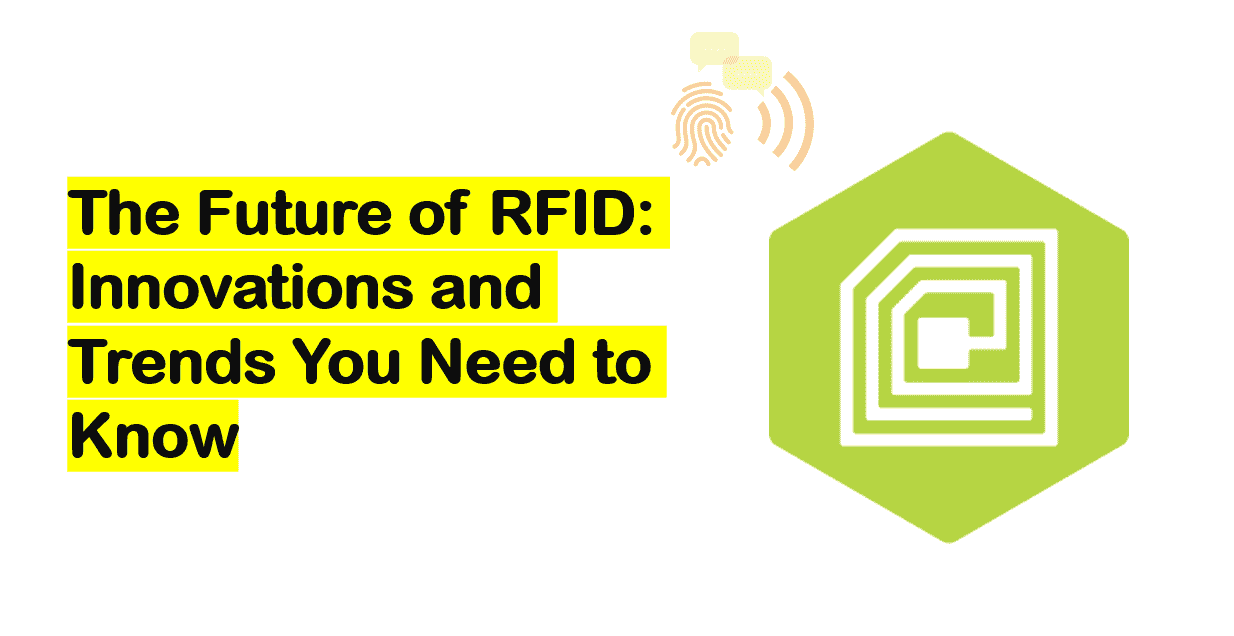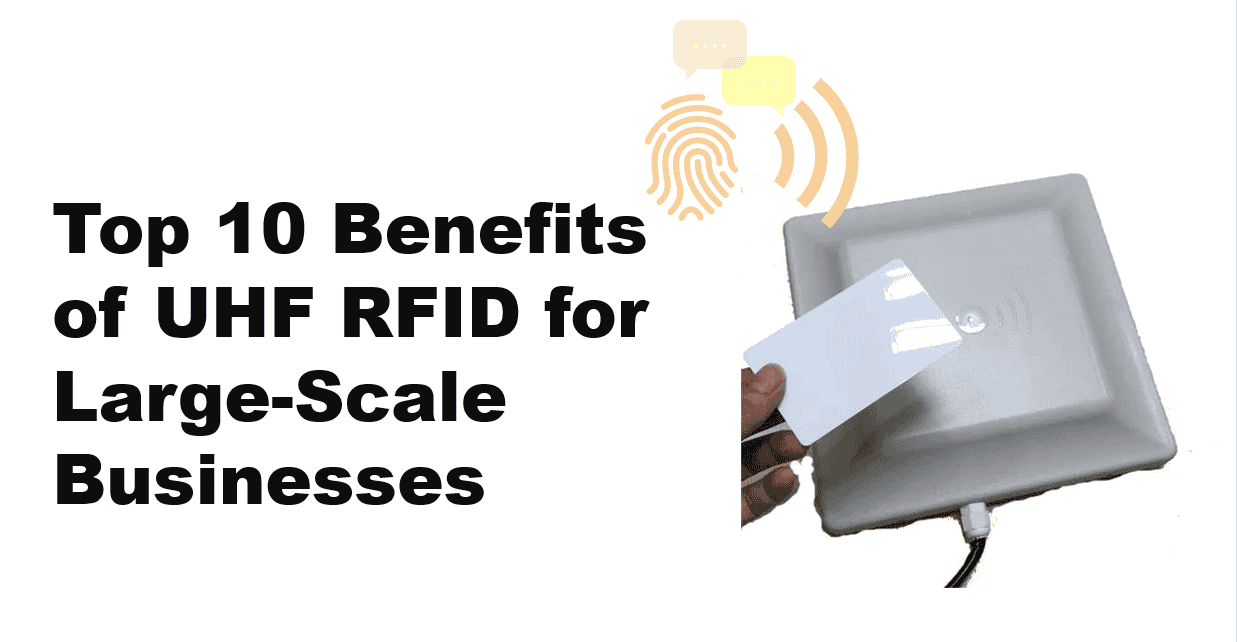How RFID Technology is Transforming Healthcare- The Advantages of RFID Hardware from PurchaserFID
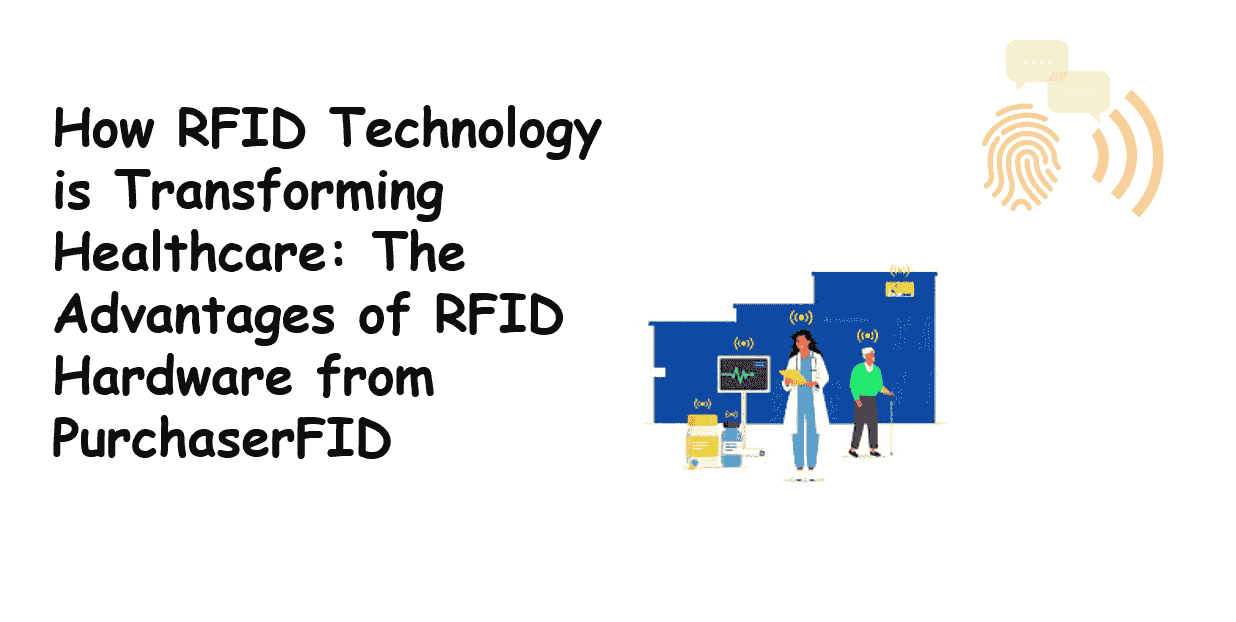
How RFID Technology is Transforming Healthcare: The Advantages of RFID Hardware from PurchaserFID
Radio Frequency Identification (RFID) technology has emerged as a revolutionary force in the healthcare industry, bringing about remarkable improvements in patient care, inventory management, and operational efficiency. By providing real-time tracking of assets, medications, and even patients, RFID has transformed healthcare systems across the globe. In this article, we’ll explore how RFID is being applied in healthcare, with a focus on how PurchaserFID supports these transformative needs through its advanced RFID hardware solutions.
Table of Contents
- Introduction
- The Role of RFID in Healthcare
- How PurchaserFID Supports RFID Needs in Healthcare
- Conclusion: Embracing RFID for a Smarter Healthcare Future
The Role of RFID Technology in Healthcare
RFID technology utilizes electromagnetic fields to automatically identify and track tags attached to objects. These tags contain data that can be read by an RFID reader, enabling seamless monitoring without the need for direct contact or line of sight. The technology's ability to provide real-time visibility into various healthcare operations has been a game-changer. From patient tracking to inventory management, RFID’s benefits are numerous.
1. Patient Tracking and Safety
Patient safety is paramount in healthcare settings, and RFID technology has significantly enhanced the ability to track patients throughout their care journey. RFID wristbands, for instance, are commonly used to identify patients and ensure they receive the correct treatments. These wristbands are embedded with unique patient identifiers, which are linked to electronic health records (EHR) that are accessible by medical staff.
With RFID-enabled wristbands, healthcare providers can quickly confirm patient identities and avoid errors in medication administration, surgeries, and other critical procedures. Additionally, RFID systems enable real-time tracking of patient movements, ensuring they are never misplaced or lost within hospital environments. This reduces the risk of medical errors, such as administering medications to the wrong patient, and enhances overall operational efficiency.
2. Inventory and Asset Management
In healthcare, managing medical equipment, pharmaceuticals, and supplies is a major challenge. Traditional manual inventory systems can be time-consuming and prone to human error, often resulting in stockouts or misplaced items. RFID technology solves this problem by automating inventory management and enabling real-time tracking of assets.
Hospitals and clinics use RFID tags to label everything from wheelchairs and IV pumps to surgical instruments and medications. RFID readers placed at strategic points allow for the automatic tracking of these items as they move through different departments. This ensures that assets are always accounted for, reducing the likelihood of lost or misplaced equipment. It also enables staff to quickly identify and locate necessary tools, saving valuable time during critical situations.
Moreover, RFID’s role in inventory management extends to pharmaceutical tracking. With RFID, healthcare facilities can monitor the expiration dates of medications, ensuring they are used before they become obsolete. RFID tags also enhance security, reducing the risk of counterfeit drugs and theft, which is a growing concern in the healthcare sector.
3. Infection Control
Hospitals are constantly battling hospital-acquired infections (HAIs), which can lead to severe complications and even death. RFID technology plays a vital role in infection control by enabling healthcare workers to track and sanitize medical equipment more effectively. For example, RFID tags can be placed on medical devices to monitor their usage and cleaning schedules.
RFID sensors can track the sterilization process for surgical instruments, ensuring they are properly cleaned and disinfected before being used in another procedure. This helps minimize the spread of infections and ensures compliance with stringent hygiene protocols. Additionally, RFID-enabled hand hygiene stations can remind staff to wash their hands before and after patient interactions, promoting a culture of cleanliness and reducing the transmission of harmful pathogens.
4. Enhanced Workflow and Operational Efficiency
RFID technology contributes to the optimization of workflow within healthcare facilities. By automating several processes, such as patient check-in, medication administration, and equipment tracking, RFID reduces manual tasks and administrative burdens. Staff can spend less time on logistical activities and more time on patient care.
PurchaserFID, a leading provider of RFID hardware solutions, offers advanced RFID systems designed to streamline operations and enhance efficiency in healthcare environments. By integrating RFID with hospital management software, PurchaserFID enables seamless communication between departments, ensuring that assets, patients, and medications are consistently monitored.
5. Real-Time Data for Decision Making
Another critical advantage of RFID in healthcare is its ability to provide real-time data, which is invaluable for decision-making. RFID systems allow healthcare providers to gather accurate and timely information about inventory levels, patient status, and equipment utilization. This data can be analyzed to identify trends, optimize resource allocation, and improve overall patient outcomes.
PurchaserFID’s RFID hardware supports these needs by providing reliable, real-time tracking capabilities that feed directly into a hospital’s existing data infrastructure. By leveraging RFID data, hospitals can make more informed decisions regarding patient care, inventory management, and staff allocation.
How PurchaserFID Supports RFID Needs in Healthcare
PurchaserFID is at the forefront of delivering state-of-the-art RFID hardware solutions tailored to the specific needs of the healthcare sector. Their comprehensive suite of RFID products, ranging from tags and labels to readers and antennas, is designed to optimize tracking and management processes in healthcare environments.
Advanced RFID Hardware for Patient Care
PurchaserFID’s RFID wristbands are designed for easy identification and tracking of patients. These wristbands are comfortable, durable, and equipped with high-performance RFID tags that ensure accurate and instant data capture. By integrating PurchaserFID's RFID solutions into healthcare settings, hospitals can eliminate manual check-ins and ensure the safety and security of patients.
Innovative Inventory Management Solutions
PurchaserFID offers RFID-based inventory management systems that significantly improve the accuracy and efficiency of tracking medical supplies and equipment. Their RFID tags are customizable to suit different types of items, including small medical instruments, larger equipment, and even pharmaceuticals. The system provides real-time alerts when stock levels are low, preventing stockouts and ensuring that healthcare facilities can maintain a steady supply of essential items.
Support for Data Integration and Analytics
PurchaserFID’s RFID hardware is designed for easy integration with existing hospital management software. The seamless communication between RFID systems and healthcare databases allows for real-time data flow, providing valuable insights for decision-making and improving patient care delivery.
Conclusion
RFID technology is undoubtedly transforming the healthcare industry by improving patient safety, streamlining inventory management, and enhancing operational efficiency. PurchaserFID’s innovative RFID hardware solutions are central to this transformation, offering advanced tracking capabilities that support hospitals and clinics in providing better care and more efficient services. With RFID technology from PurchaserFID, healthcare providers can embrace a future where patient care is more secure, operational processes are smoother, and resources are optimized for the best possible outcomes.
Related Products
1. RFID in Healthcare Market Growth:
- The global RFID in healthcare market is expected to reach $11.68 billion by 2025, growing at a compound annual growth rate (CAGR) of 23.6% from 2020. This growth is driven by the increasing demand for better patient care, efficient asset tracking, and inventory management in healthcare settings. (Source: Grand View Research)
2. Patient Safety and Identification:
- 1 in 10 patients worldwide experience harm due to medical errors, many of which could be avoided with more accurate patient identification. RFID technology can significantly reduce the risk of errors in patient care by ensuring correct identification through RFID-enabled wristbands. (Source: World Health Organization)
3. Inventory Management Efficiency:
- 30% of medical devices in healthcare are either misplaced or unused due to lack of effective tracking, leading to unnecessary costs and operational inefficiencies. RFID solutions can help hospitals save up to $10 million annually by preventing equipment loss and improving asset management. (Source: Healthcare Financial Management Association)
4. Reduction of Hospital-Acquired Infections (HAIs):
- Hospital-acquired infections (HAIs) affect 1 in 31 patients in U.S. hospitals on any given day, contributing to increased mortality and costs. RFID-enabled tracking of sterilization equipment and sanitation routines can help reduce the spread of infections by ensuring proper sterilization protocols. (Source: Centers for Disease Control and Prevention)
5. RFID and Medication Management:
- Up to 10% of all drugs worldwide are counterfeit, with significant implications for patient safety. RFID technology helps track medications from production to administration, reducing the risk of counterfeit drugs and ensuring that patients receive the correct treatment. (Source: World Health Organization)
6. Real-Time Data and Operational Efficiency:
- Hospitals using RFID technology for real-time tracking of equipment and assets report a 20-30% improvement in operational efficiency, with a significant reduction in time spent searching for medical devices and supplies. (Source: Healthcare IT News)
7. Cost Savings with RFID:
- RFID technology can reduce the operational costs of a hospital by up to $1.3 million per year through improved asset management and inventory control. The reduction in theft, loss, and stockouts directly translates to savings. (Source: RFID Journal)
8. Staff Time Savings:
- 30-40% of hospital staff’s time is spent looking for equipment, which can be reduced with RFID tracking systems. This time savings can then be redirected to patient care, improving overall healthcare service quality. (Source: American Hospital Association)
9. Patient Tracking Technology Adoption:
- 70% of hospitals in the United States are expected to implement RFID technology for patient tracking by 2025, aiming to enhance patient safety and streamline administrative tasks. (Source: Healthcare Technology News)
10. Adoption in Pharmaceuticals:
- RFID technology is expected to play a key role in tracking pharmaceuticals, with over 40% of all global pharmaceutical companies integrating RFID systems to combat counterfeit drugs and improve supply chain transparency by 2024. (Source: Pharmaceutical Technology)

